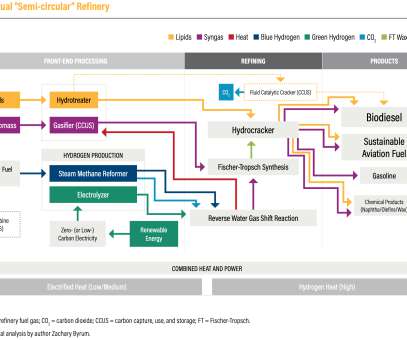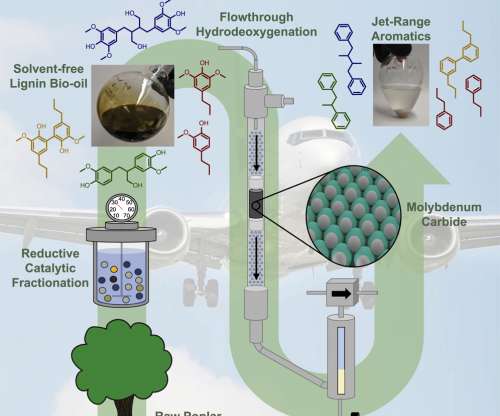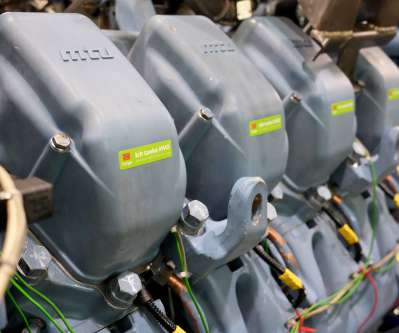Chevron / Toyota road trip demonstrates renewable gasoline blend
Green Car Congress
APRIL 18, 2023
Chevron USA kicked off a road trip across the US Gulf Coast to showcase an innovative new gasoline blend with more than 50% renewable content. During the tour, Chevron representatives will talk with members of the public about the benefits of lower carbon fuels such as biofuels and renewable gasoline blend.





















Let's personalize your content